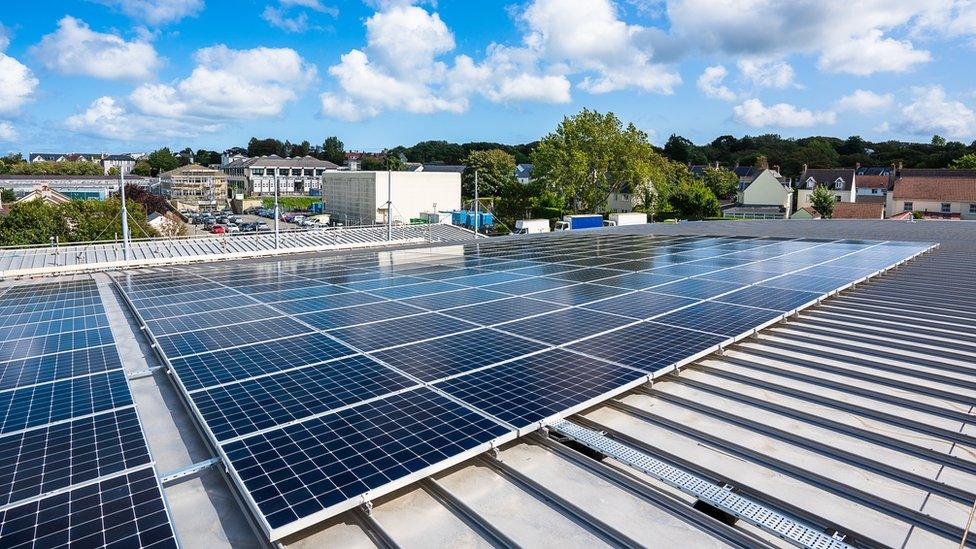Energy crisis: Guernsey may generate more amid Europe shortages
- Published
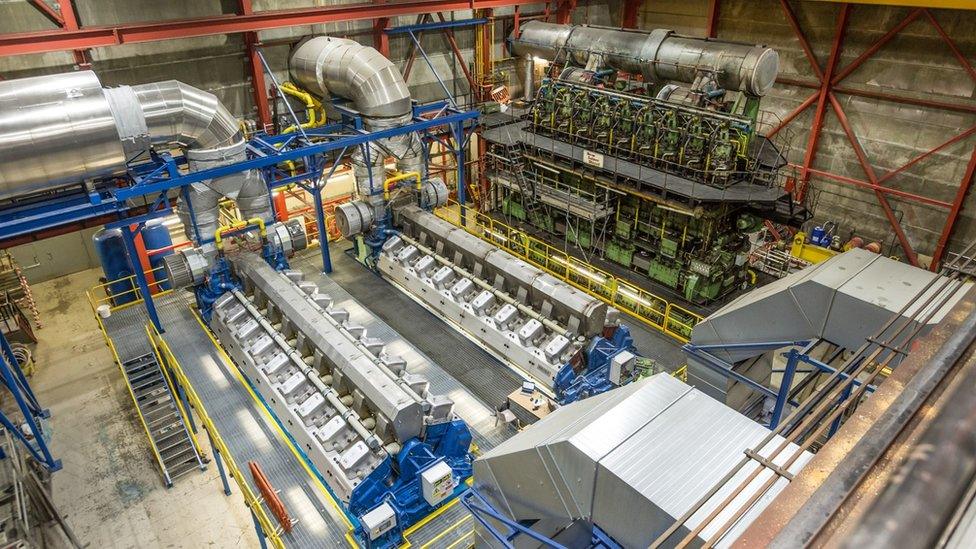
Guernsey Electricity has moved to reassure all local customers that it has sufficient supplies
Energy shortages in Europe may mean more power generated in Guernsey this winter.
A deal has been struck between Guernsey Electricity and energy giant EDF which could see less power sent from mainland Europe to the island at times.
If less power is sent, Guernsey Electricity would get a rebate on its contract with the energy firm.
Deputy Jonathan Le Tocq said: "This is doing our bit in terms of being a good neighbour."
He said: "Europe are in a much more serious situation than we are."
"We quite regularly generate power on island in winter. Due to the war in Ukraine, there are quite likely to be power cuts this winter."
Before this new deal more than 90% of electricity used in the island was imported with the remainder from diesel generators at the power station in the Vale.
Mr Le Tocq, the Policy and Resources External Relations Lead, said: "We thought we could help here... it certainly is from our point of view that we are doing our part, as we certainly don't have to do this."
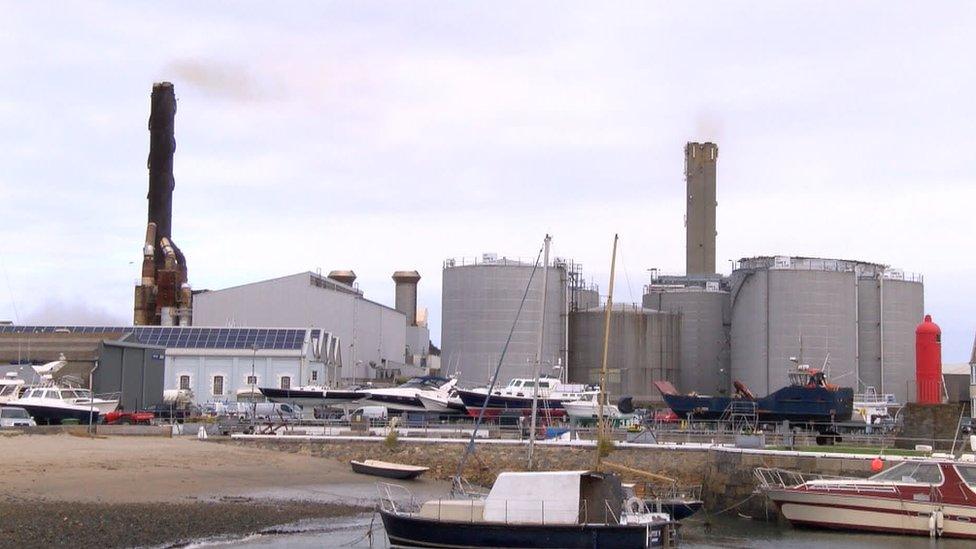
Guernsey Electricity has asked islanders to think about their own energy usage amid ongoing shortages
Earlier this year at a scrutiny hearing President of the States Trading Supervisory Board Deputy Peter Roffey said: "Putin has put all of Europe in a situation where they are going to struggle with having enough energy this winter.
"Against that backdrop we have our generating plant, some of it relatively modern, sitting doing nothing."
On the new deal he said it was likely to mean more power being generated locally this winter, to meet on-island electricity demand, but this could mean Europe does not have to rely on older, more polluting plants.
Mr Roffey added: "Currently there are much greater issues to consider, nevertheless any financial benefit is welcome."
Guernsey Electricity said through its supply agreement with EDF, it would, if requested, generate more electricity for local consumption and lower the amount of energy imported from the European grid through the subsea cable.
At the same time, Guernsey Electricity is asking islanders to think about their own energy usage during this time.
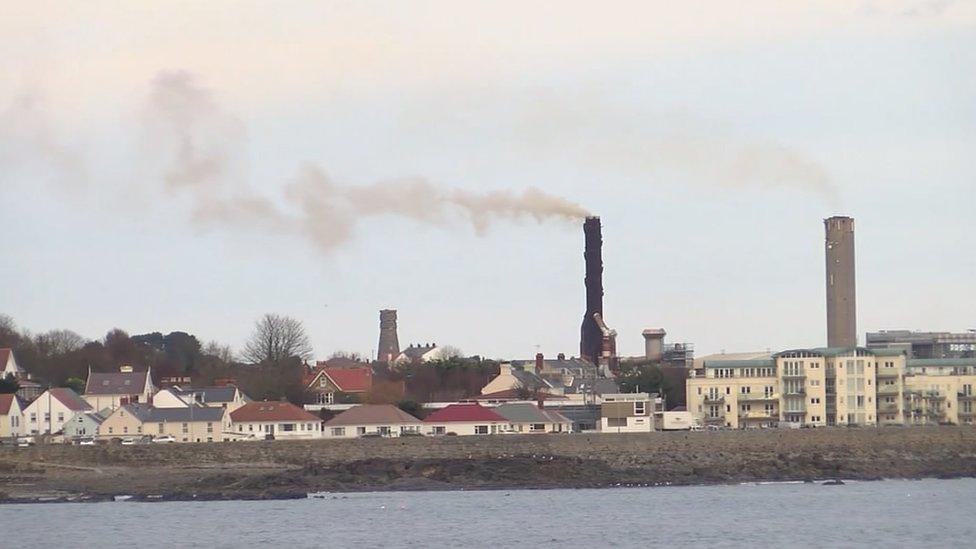
Islanders are also being asked to reduce their usage of electricity, specifically between the peak times of 17:00 and 19:00 GMT
Alan Bates, Guernsey Electricity's CEO, confirmed there were a number of considerations that led to the decision.
He said: "We want to be a good neighbour and help Europe during this energy crisis, as many countries are starting to introduce stringent measures to restrict consumption.
"Whilst we deploy the power station every winter during times of peak demand, there was a need for us to carefully consider the support we provide alongside the environmental impact of further utilising the diesel generators."
Guernsey Electricity has confirmed the decision to provide energy capacity in the European market will be made on a daily basis and the degree to which it generates locally depends on supply and demand issues across the continent.
The company said weather was a significant factor that will impact demand and price and therefore the need for Guernsey Electricity to generate additional power.

Follow BBC Guernsey on Twitter, external and Facebook, external. Send your story ideas to channel.islands@bbc.co.uk.
Related topics
- Published18 October 2022
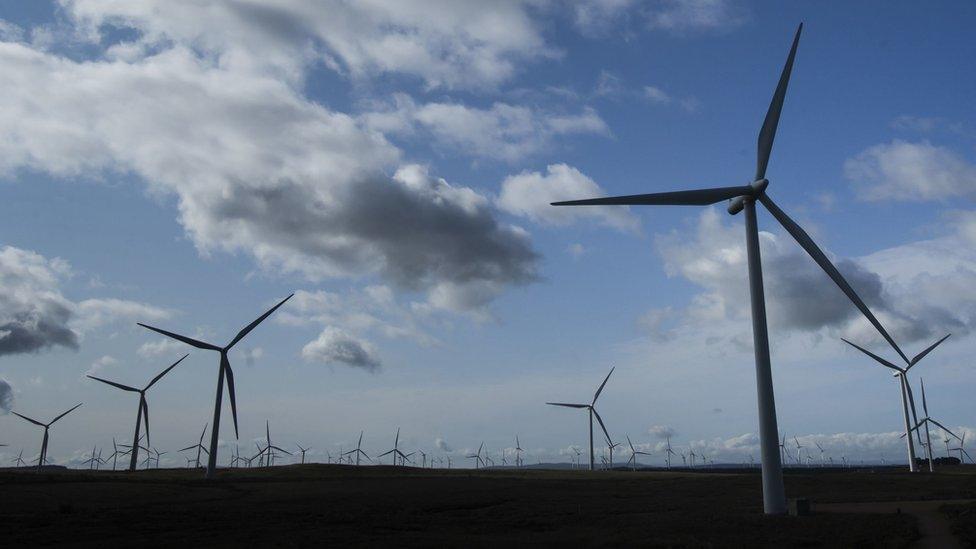
- Published31 May 2022

- Published4 June 2020
